We consider ending the environmental destruction to be the central challenge of the 21st century. The scientific evidence is clear: the extinction of species, soil erosion, climate change, air and ocean pollution, and the poisoning of drinking water are all crossing tipping points. Climate change, caused by fossil fuels (coal, oil, gas), is currently the most severe factor. Its consequences are heat, drought, storms, fires and floods that make entire regions uninhabitable. The arable land is shrinking, and the rising sea level will flood large areas and major cities. It’s not going to be the end of the world or the extinction of all humanity, but the destruction of the livelihoods of billions of people and many other living creatures.
We understand this environmental destruction as a social issue, as a question of class. For neither are all people equally involved in the destruction of the environment, nor do all suffer equally from the consequences. The question of what, where and how to produce is not decided jointly by everybody but instead, driven by competition, by those who own the capital, i.e. machines, buildings, land and raw materials. As far as consumption is concerned, the ecological footprint of the rich is enormous; that of the middle classes, including segments of wage-dependent workers in the global North, is too large; that of the poor all over the world, on the other hand, is minimal – yet they are the first to be deprived of their livelihoods because of environmental destruction.
Even if most political agendas try to tell us otherwise: protecting the environment and the climate are incompatible with capitalism. Because competition-driven profit maximisation on a material level means that more and more land, raw materials and energy are consumed, a growing amount of waste is left behind, and air, water and earth are destroyed. That is why environmental protection policies achieve so little. Every state’s task is to ensure the profit maximisation of its national capital competing in global markets. No state seriously considers implementing measures suitable to limit the temperature increase to 1.5 degrees. All promises of a socio-ecological transformation or a Green New Deal are an illusion, because they rely on further growth, albeit with “green” technologies.
For ecological reasons, the total global consumption of raw materials, energy and land must shrink. At the same time, billions of people worldwide have enormous unmet needs: the supply of food, drinking water, energy, housing, medical care, and education must be significantly improved in many regions. Replacing the slums in the Nigerian metropolis of Lagos, for example, with decent houses, will cost many resources but is indispensable. Reconciling these two demands is impossible under capitalist conditions because it requires a global democratic process of weighing and negotiating that cannot function blindly brokered by the market. Every human society relies on the environment and the usage of its goods. It can, therefore, only be a question of rationally shaping the metabolic process between humans and nature so that the biosphere is not destroyed.
In a society beyond capitalism, some needs of today’s consumer society would disappear, and others would be satisfied with more environmentally friendly goods and services. Living without material worries in peace and leisure, leading a self-determined life in which many abilities and interests can develop, and cultivating satisfying, loving relationships would be the goals of such a society.


